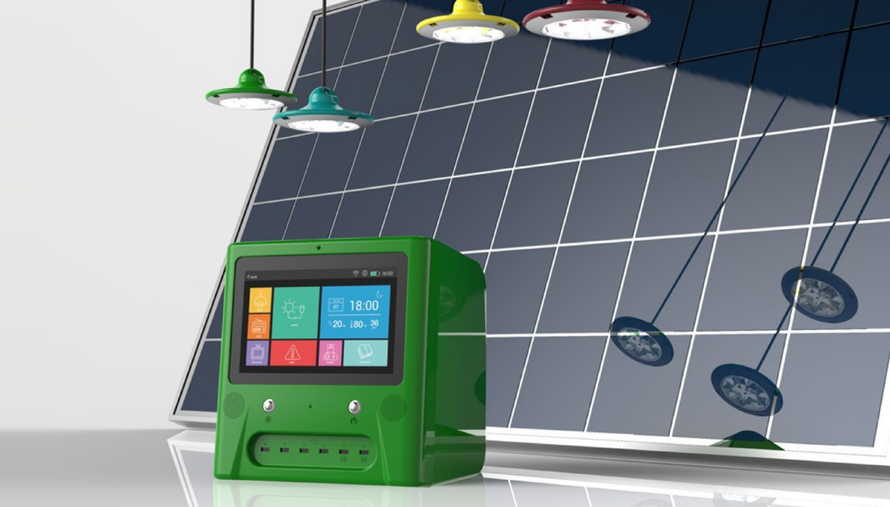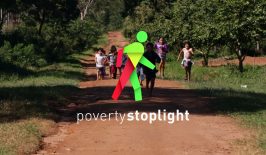ZeroXess is a new solar-powered, all-in-one hub for off-grid communities, packing a huge variety of technologies into one ambitious package.
This new connectivity hub is an initiative from Kumbaya, a California-based company seeking to bring power and connectivity to low and off-grid communities. With more than 1.2 billion people currently unable to access reliable or regular electricity and 4 billion unable to get online, the zeroXess is a unique attempt to reach these underserved people, often located in sub-Saharan regions, whose lack of access to power and communication technologies means they are often cut off from a range of educational, health and information opportunities.
The device combines a large range of different communication technologies and is self-powered, using 120W solar panels. The zeroXess is built around a 10-inch LCD screen and 28Ah battery, which drives most core features. It offers one and two-way communications, with a speaker and microphone built in, utilising mobile connectivity (UMTS/LTE), Wi-Fi, Bluetooth and/or satellite connectivity to establish a reliable connection, with a slot for SIM cards too.
With the supplied solar power and storage, the system can deliver power on demand to four LED light fixtures, and has six USB ports to power devices such as mobile phones or medical devices. The system also has AM/FM radio capabilities, and even a TV antenna for local broadcasts for news, information, and entertainment. There’s also a built-in content library, which provides lessons on topics across entrepreneurship, literacy, nutrition, and agriculture.
The system even has built-in sensors to monitor temperatures, humidity, carbon monoxide/carbon dioxide hazards, and particulate matter to deliver health warnings, and even allows access to non-invasive eHealth monitoring devices and point-of-care decision support.
It’s incredibly ambitious device, attempting a huge range of different features and functionality to be truly all-in-one for communications. All of this is against the background of the overwhelming need to make each device as affordable as possible in order for it to even be an option for those who need it most.
Kumbaya launched the device during the Mobile World Congress 2018 and are edging closer towards their product becoming available on market, recently partnering with Dutch semiconductor company NXP to supply the microcontrollers and application processing internals for the devices.
While the final product appears to be some way off, Kumbaya is going full-power at their concept with a team of seven engineers, plus product managers, and it should prove fascinating to see if the product will be able to deliver on their goals.






